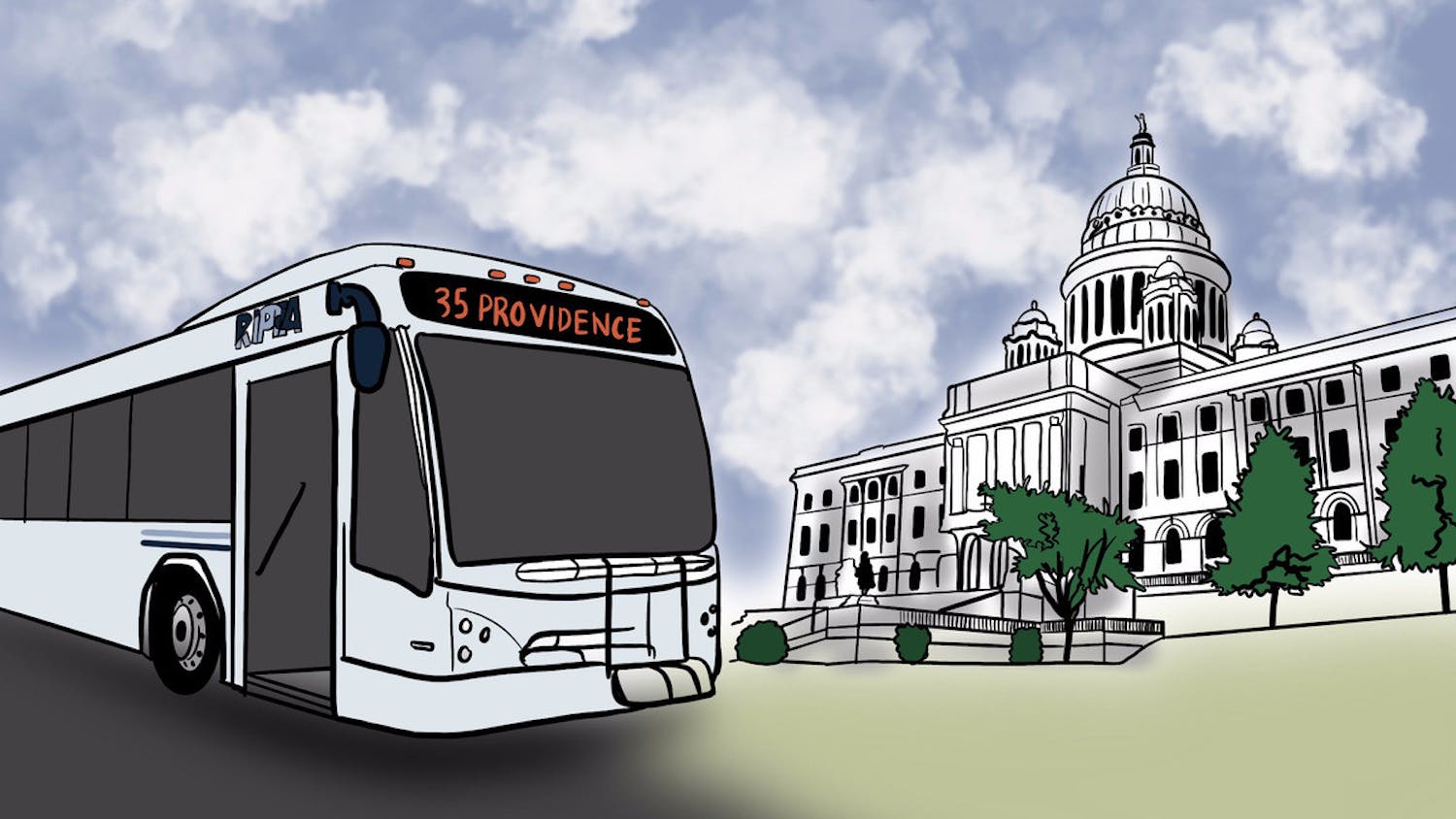A “right to try” bill introduced to the General Assembly Feb. 3 proposes allowing terminally ill patients in Rhode Island to have access to experimental drugs not yet approved by the U.S. Food and Drug Administration.
As of 2014, five states had passed similar legislation: Arizona, Colorado, Louisiana, Michigan and Missouri. An additional 23 states are considering adopting comparable laws.
Rep. Joseph McNamara, D-Warwick and Cranston, and chairman of the House Committee on Health, Education and Welfare, introduced the bill. He has lost a brother and a close friend to cancer.
“It was difficult dealing with the despair and the lack of hope that really impacted the quality of life and the mental state of those individuals,” McNamara said. The law aims to provide a sense of hope to patients suffering from terminal illnesses, as well as to their family and friends, he said.
The bill’s primary goals are “giving people that hope of trying something that may prolong their life and possibly even cure them, and giving physicians a new tool to use in their repertoire for healing terminally ill patients,” McNamara added.
After exhausting traditional courses of treatment, patients currently have limited options. They can attempt to enroll in clinical trials, but space in these trials is often limited, and patients are ineligible if they do not meet the proper criteria.
Only 3 percent of patients qualify for the clinical trials that may represent their only hope for recovery, Kurt Altman, national policy adviser and general counsel for the Goldwater Institute, told USA Today Feb. 3.
Expanding access to experimental drugs is “really a good thing — highly ethical to do and very important,” said Timothy Flanigan, professor of medicine.
Addressing potential safety concerns, McNamara said these drugs are in their“final test phase,” adding that, “These drugs have already been tested for toxicity and negative effects, so for the most part they are pretty safe.”
Patients also have the option of petitioning for access to experimental drugs. But this process is time-consuming and inefficient, McNamara said. It takes a physician more than 100 hours to fill out the necessary paperwork for access to unapproved medications, and most patients do not have the time or money to pursue this option, he added.
Flanigan stressed the importance of the historical precedent that bolsters his support for the law. During the AIDS crisis in the 1980s, experimental drugs were made available to AIDS patients facing a high morbidity rate, and the results were extremely effective, he said. More recently, an experimental Ebola medication was able to save lives, said Flanigan, who spent time last fall working to fight the outbreak in Liberia.
Given the relatively low risk of expanding access to experimental medications and the potential for saving many lives and providing patients with a source of hope, passage of a “right to try” bill would be a positive development for the Ocean State, Flanigan said.

ADVERTISEMENT




